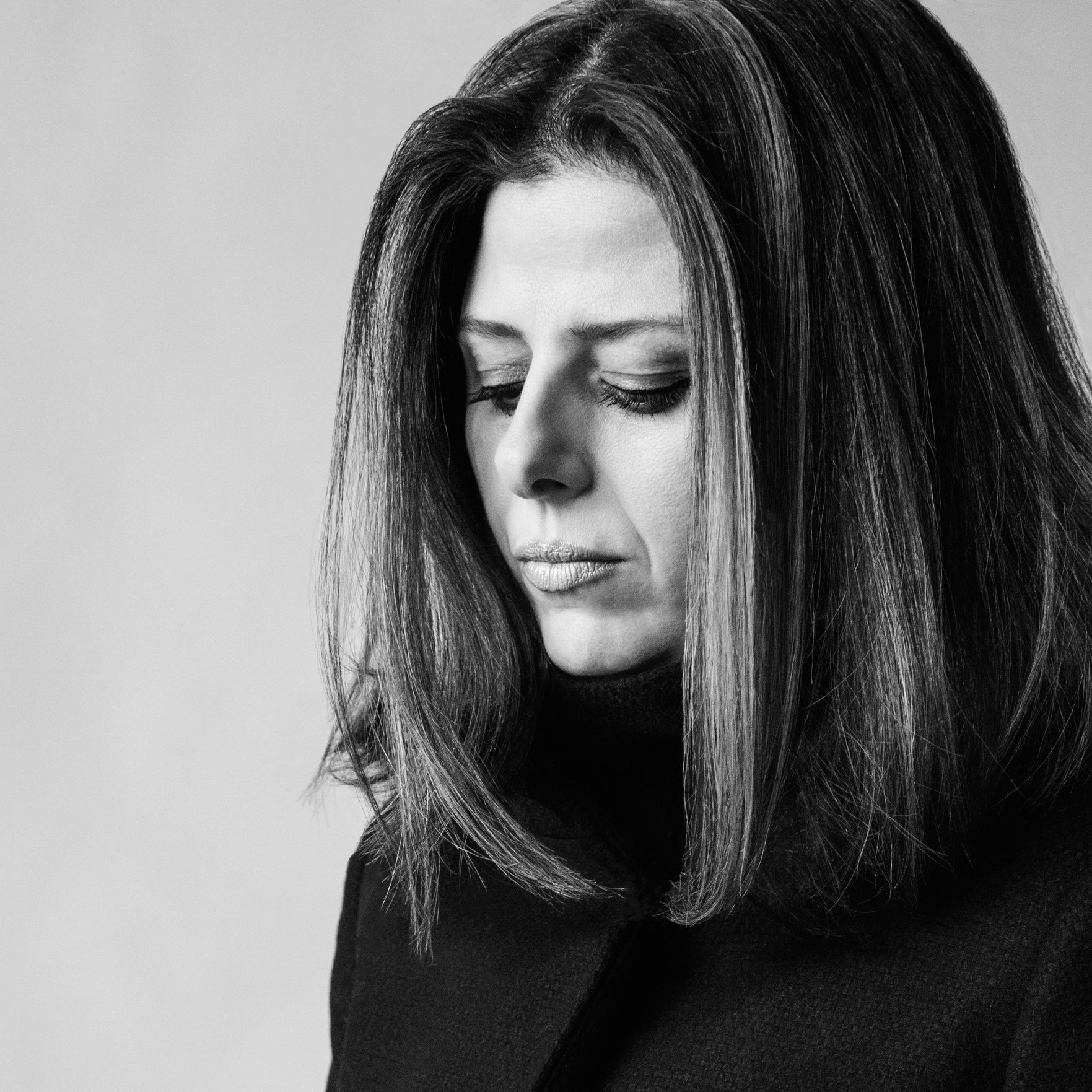Nathalie Handal was raised in Latin America, France and the Middle East, and educated in Asia, the United States, and the United Kingdom. Her recently published collections include Life in a Country Album (2019 US / 2020 UK), winner of the Palestine Book Award and a Foreword Indies Book Award finalist; the flash collection The Republics, and winner of the Virginia Faulkner Award for Excellence in Writing and the Arab American Book Award; the bestselling bilingual collection La estrella invisible / The Invisible Star; the critically acclaimed Poet in Andalucía; and Love and Strange Horses, winner of the Gold Medal Independent Publisher Book Award. Handal is the editor of the groundbreaking classic The Poetry of Arab Women: A Contemporary Anthology, winner of the PEN Oakland Josephine Miles Book Award, and named one of the top 10 Feminist Books by The Guardian; and co-editor of the W.W. Norton landmark anthology Language for a New Century: Contemporary Poetry from the Middle East, Asia & Beyond, both Academy of American Poets bestsellers. She has worked on over twenty theatrical productions either as a playwright, director or producer. Author of eight plays, her most recent works have been produced at The John F. Kennedy Center for the Performing Arts, the Bush Theatre and Westminster Abbey in London. Her work has appeared in Vanity Fair, Guernica Magazine, The Guardian, The New York Times, The Nation, The Irish Times, Virginia Quarterly Review, on PBS and NPR, among others. In 2017, she was included as one of the 100 Outstanding Contributors to their Fields exhibition, inaugurated in the United Nations in New York and Geneva. Handal is a Lannan Foundation Fellow, Pen International Croatia Fellow, Centro Andaluz de las Letras Fellow, Fondazione di Venezia Fellow, winner of the Alejo Zuloaga Order in Literature, among other honors. Her work has been translated into over 15 languages. She is a professor at New York University, and writes the literary travel column, The City and the Writer for Words without Borders. Source

